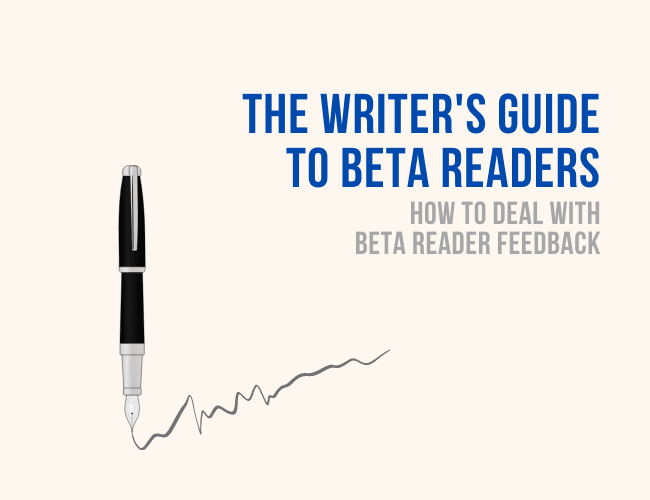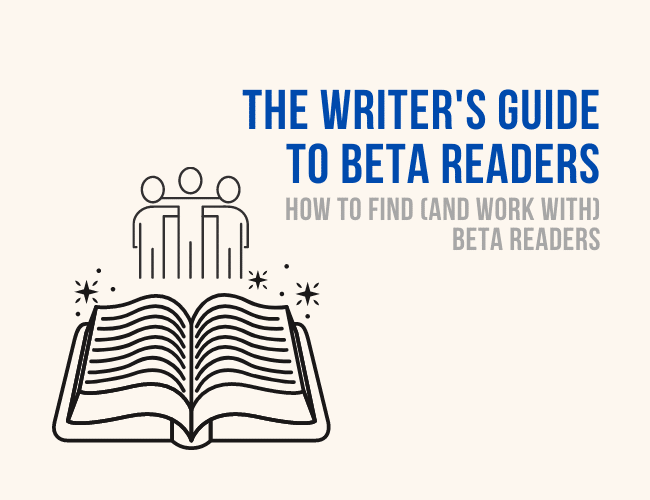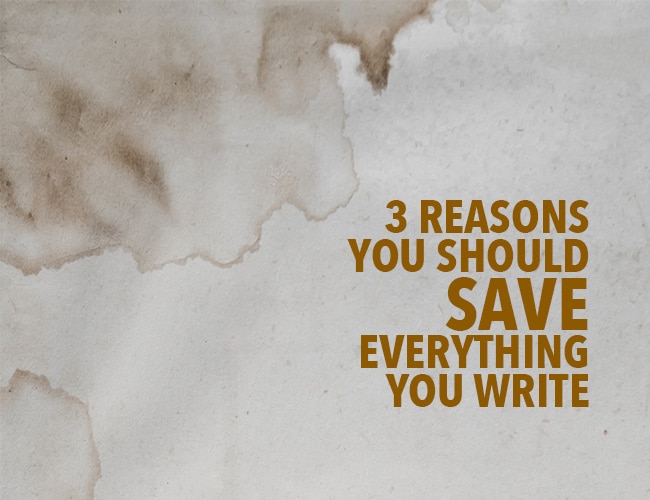
by David Safford |
Do you crave solid feedback on your writing but rarely get it? Our maybe you’ve received feedback but you’re having trouble what to embrace and reject, or how to apply writing feedback in general.
Learning how to apply writing feedback is tricky, but knowing how and when to accept and reject suggestions can drastically change your story’s ability to touch readers. It will also teach you how to give better feedback to others, which is crucial for building your writing community.

by Sarah Gribble |
You’ve spent a few agonizing weeks waiting on the feedback to roll in from your beta readers. You’ve probably worked your way into an anxiety attack with all the waiting. What if they don’t like it? What if you have to do a major rewrite? It’s scary!
In this post, I’ll walk you through exactly what to do with all that beta reader feedback. Take a deep breath—it’ll be great.

by Sarah Gribble |
It might seem like a monumental task to find a group of people willing to volunteer to read your manuscript and give you good feedback. Luckily, it’s actually not. Most people are more than willing to give you a little help. And when you follow a few simple steps, they’ll be able to give you invaluable feedback.

by David Safford |
If you’re a writer, you’ve probably received feedback. While some writing feedback is easily processed (like quick compliments), the best feedback takes time and energy to deal with. Receiving a flood of critiques can feel good at first. But after reading a deluge of opinions and observations and judgments, it can get really overwhelming.
Here’s how to organize the feedback you receive so you can approach the next draft with confidence!

by The Magic Violinist |
We’ve all been in this situation: you write a first draft, or the beginning of one, and it seems like nothing is going well. All you want to do is give up and throw everything away. It can be extremely tempting, and while it’s okay to give up on projects sometimes, you should never throw anything away.

by David Safford |
For most of us, our 2018 writing goals probably involve rewriting a work in progress. It’s a draft, roughly complete or unfinished, that never seems to be “done,” no matter how much we tinker with it.
There’s a reason we get stuck in these perpetual works in progress. And if we don’t figure out how to overcome it, we might find ourselves in the same sticky mess 365 days from now.





